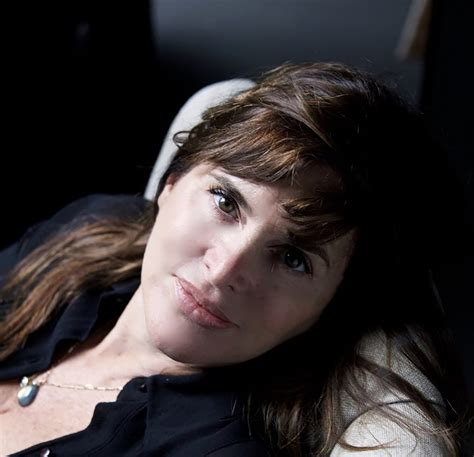A Quote by Khaled Hosseini
Kabul was a thriving cosmopolitan city with its vibrant artistic, intellectual and cultural life. There were poets, musicians, and writers. There was also an influx of western culture, art, and literature in the '60s and '70s.
Related Quotes
Sarajevo was this beautiful city, very cosmopolitan, multiethnic, full of wonderful people, artists and writers and poets and Serbs and Muslims and Croats, and living side by side. And then this medieval siege, and it was a medieval siege, came, and the Bosnian Serbs were on the hills lobbing in rockets and grenades and mortars.
I wouldn't want everybody to be an art or literature major, but the world would be poorer - figuratively, anyway - if we were all coding software or running companies. We also want musicians to awaken our souls, writers to lead us into fictional lands, and philosophers to help us exercise our minds and engage the world.
I went to Havana, and I was like, "Wow, there's culture everywhere!" That was one thing that I did notice when I went to Cuba was that artists are paid to be artists, and poets are paid to be poets, and musicians are paid to be musicians by the government. The government - and I'm not saying that the Cuban government's perfect - but the government does place a value on culture.
When I began writing poems, it was in the late 60s and early 70s when the literary and cultural atmosphere was very much affected by what was going on in the world, which was, in succession, the civil rights movement, the antiwar movement, and the women's movement in the 60s, 70s, and into the early 80s. And all of those things affected me and affected my thinking, particularly the Vietnam War.
There are many people of cosmopolitan temperament who are not from the elites of their societies or the world; and while, for a variety of reasons, I think a cosmopolitan spirit does naturally go with city life, that's the life of a very large proportion of human beings today. And I don't think rural people can't be cosmopolitan, in my sense.
I was on television a couple of years ago and the reporter asked me, "How does it feel being on mainstream media? It's not often poets get on mainstream media." I said, "Well I think you're the dominant media, the dominant culture, but you're not the mainstream media. The mainstream media is still the high culture of intellectuals: writers, readers, editors, librarians, professors, artists, art critics, poets, novelists, and people who think. They are the mainstream culture, even though you may be the dominant culture."
The whole ecosystem of celebrity has broken down for writers. If you go back to the '50s, '60s, and '70s, writers were on TV a lot, and they were allowed to misbehave a lot. Truman Capote was a pop figure, but it wasn't until he went on David Susskind's show and had that extraordinary voice and manner that everyone could imitate, that he really took off as a figure. Norman Mailer and Vidal, the same thing. The bestselling writers now, there's no great animal energy with them.






































